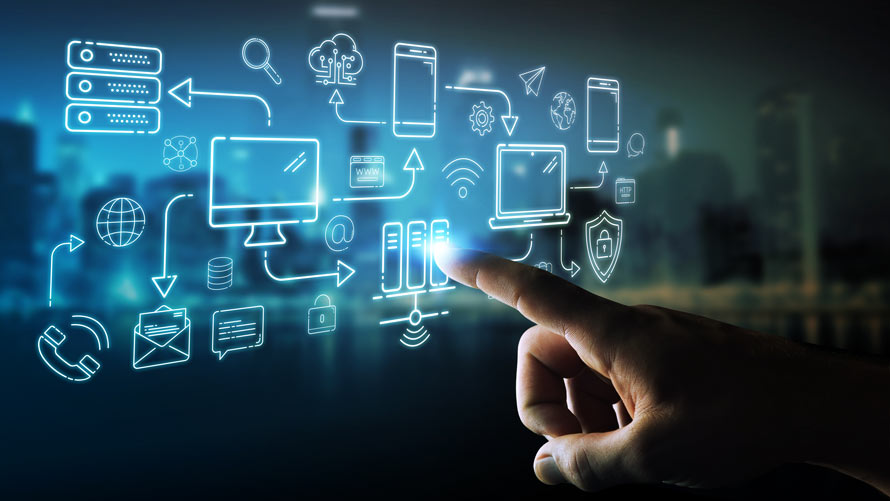Industry 4.0 is considered the great revolution of the past few years. New technologies, the Internet of things, and the possibility to monitor everything from everywhere changed both plants and the approaches to industrial production. Medicine is considered a slowly changing discipline. The human body model is a difficult concept to develop. But we can identify some passages in which medicine can be compared to the industry. Four major changes revolutionized medicine:
Medicine 1.0: James Watson and Francis Crick described the structure of DNA. This was the beginning of research in the field of molecular and cellular biology
Medicine 2.0: Sequencing the Human genome. This discovery made it possible to find the origin of the diseases.
Medicine 3.0: The convergence of biology and engineering. Now the biologist’s experience can be combined with the technology of the engineers. New approaches to new forms of analysis can be used.
Medicine 4.0: Digitalization of Medicine: IoT devices and techniques, AI to perform analyses, Machine Learning for diagnoses, Brain Computer Interface, Smart wearable sensors.
Medicine 4.0 is definitely a great revolution in patient care. New horizons are possible today. Covid 19 has highlighted problems that have existed for a long time. Relocation of services, which means remote monitoring, and remote diagnoses without direct contact between the doctor and the patient. Hospitals are freed from routine tests that could be performed by patients at home and reported by doctors on the internet. Potential dangerous conditions can be prevented. During the Covid emergency, everybody can check his condition and ask for a medical visit (swab) only when really necessary. This is true telemedicine. This is not a WhatsApp where an elder tries to chat with a doctor. This is a smart device able to measure objective vital parameters and send to a health care center. Of course, Medicine 4.0 requires new technologies for smart sensors. These devices need to be very easy to use, fast, reliable, and low cost. They must be accepted by both people and doctors.
In this talk, we’ll see together the meaning of telemedicine and E-Health. E-health is the key to allowing people to self-monitor their vital signals. Some devices already exist but a new approach will allow everybody (especially older people with cognitive difficulties) to use these systems with a friendly approach. Telemedicine will be the new approach to the concept of a hospital. A virtual hospital, without any physical contact but with an objective measurement of every parameter. A final remote discussion between the doctor and the patient is still required to feel comfortable. But the doctor will have all the vital signals recorded to allow him to make a diagnosis based on reliable data.
Another important aspect of medicine 4.0 is the possibility of using AI both to perform parameter measurements and to manage the monitoring of multiple patients. The new image processing based on Artificial Neural Networks allows doctors to have a better and faster analysis. But AI algorithms are also able to manage intensive care rooms with several patients reducing the number of doctors involved in the global monitoring of the situation.
Speaker(s): EROS,
Virtual: https://events.vtools.ieee.org/m/321334



